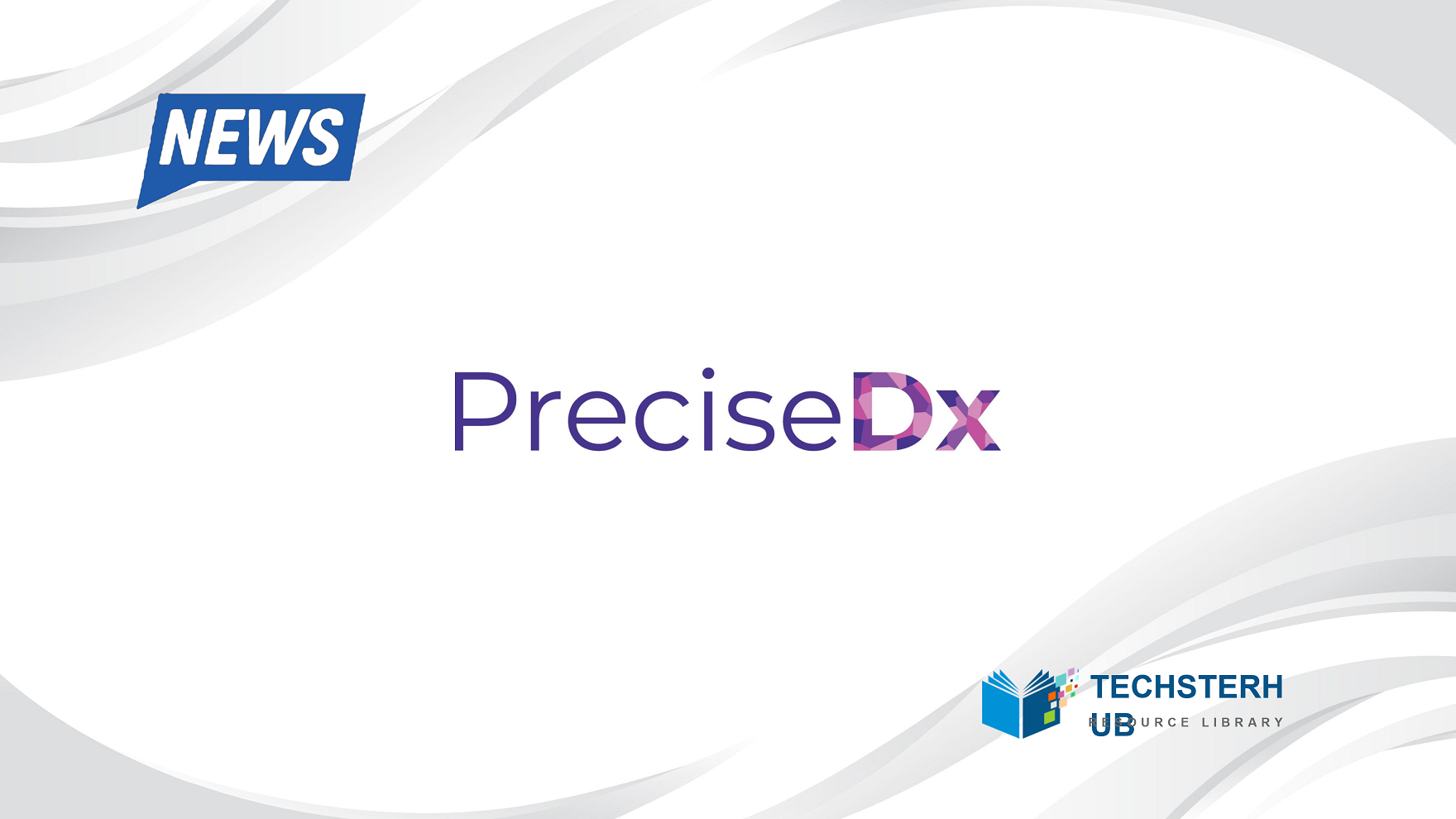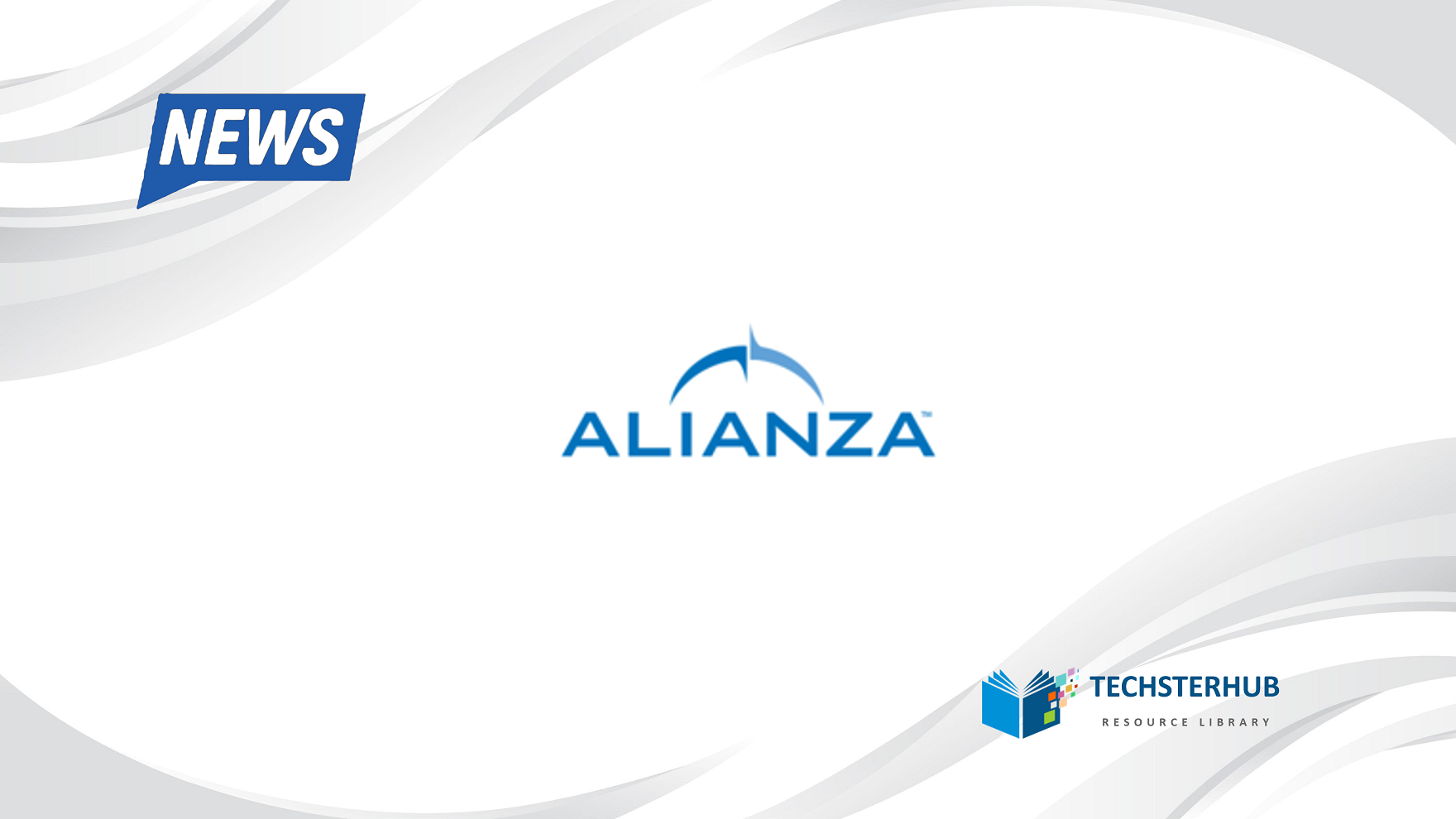PreciseDx, a leading AI company that uses analysis of morphology features from histology slides to provide more accurate patient-specific risk information, today announced a collaboration with the Laboratory of Pathology in Dordrecht, The Netherlands. The laboratory is responsible for the pathology of both the Albert Schweitzer Hospital in Dordrecht and the Beatrix Hospital in Gorinchem, both in the Netherlands. As part of this agreement, the Pathology Laboratory will evaluate the performance of PreciseDx’s AI-driven cancer risk stratification platform and confirm its accuracy in grading and role in the decision-making process.
In early-stage invasive breast cancer, clinical and pathologic features are used to assess prognosis. Of these, the degree is known to undergo significant variation between and within observers. This was confirmed in a recent study from the Netherlands1. The PreciseDx Breast Test is designed to complement, not replace, the work of pathologists. It has previously demonstrated a more accurate estimate of prognosis than current clinical features2 and may address the problem of breast cancer misclassification in diagnosis.
The PreciseDx Breast Assay has proven itself as a stand-alone prognostic assay capable of accurately stratifying early-stage invasive breast cancer into low-risk and high-risk recurrence probability within 6 years of initial diagnosis. In addition, the assay is able to reclassify histological grade 2 and 3 breast cancer into low-risk and high-risk categories.
The collaboration will integrate PreciseDx’s AI-enabled technology into an independent cohort of early-stage breast cancer cases with known clinical outcomes at six years. In an initial rollout, PreciseDx’s technology will provide 300 digitally scanned hematoxylin and eosin (H and E) images of patients at the Dordrecht Pathology Laboratory with early-stage invasive ductal and mixed ductal/lobular breast cancer, defined by ER(+), View and evaluate ), PR+/-, HER2(-) status.
“The collaboration with Dr. Westend will provide the opportunity to evaluate the prognostic performance of the assay with an independent European breast cancer cohort. In addition to the prognostic utility of predicting the likelihood of recurrence, this collaboration will also allow comparison of the PreciseDx Breast Assay with the prognostic performance of other available diagnostic tests in identifying patients at low and high risk for disease recurrence. Finally, the collaboration will evaluate the PreciseDx assay in the context of the current pathology workflow within Dr. Westend laboratory practice,” said Douglas P. Malinowski, Ph.D., Vice President of Clinical Affairs at PreciseDx.
“At our facility, we’re always looking for new ways to advance clinical care, so we’re thrilled to be collaborating with PreciseDx, an organization with the technology to improve processes for pathologists and oncologists and transform outcomes for patients,” said Pieter J. Westenend, MD, Ph.D., principal investigator and practicing pathologist at the Dordrecht Laboratory of Pathology. “PreciseDx is a unique and ideal partner, characterized by its easy integration. The turnaround time for PreciseDx reports is only a few days, proving to be an excellent and encouraging tool for predictive analysis.”
“We are delighted to validate our technology in one of the most prestigious healthcare facilities in the Netherlands,” said Wayne Brinster, CEO and President of PreciseDx. “The Pathology Laboratory in Dordrecht and the affiliated hospitals share our forward-thinking, patient-centric approach to improving the long-term prospects and quality of life of patients with early breast cancer. In addition, the collaboration will enable an assessment of the prognostic utility of the PreciseDx Breast Assay compared to other methods.”
Gerardo Fernandez, MD, Co-Founder and Chief Scientific Officer of PreciseDx added, “This collaboration opens the door to larger, prospectively designed, retrospective analyzes addressing predictive and prognostic approaches to breast cancer treatment. We look forward to announcing more innovative collaborations of this type in the near future.”








